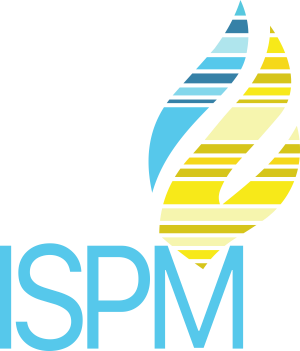Working on a project often implies to perform activities in tight deadlines and under high performance levels. The right work environment can led to obtain the project goals in time, satisfying the required standards.
Although the manager control over the project activities is fundamental to reach the standards, sometimes the over-control of a project manager (or a leader or a boss) on workers may lead to the contrary effect.
The over-control on the team has a name: Micromanagement. And managers are often unaware of their micromanagement behavior. A survey conducted by Linkedin learning showed that employees believe that micromanagement is the second most frustrating behavior of a manager.
Symptoms of a micromanagement
A typical symptom appears when managers believe that they are able to conduct the work faster and better than their employees. By doing that, they deprive the team of its strength, workers start feeling demoralized and they are not productive anymore.
Second symptom is when managers always want to be up-to-date on progress and begin to develop control-obsessed behavior. Being so obsessed by details deprive team members from the possibility to take decisions: instead of building workers confidence, they create a work environment where people always ask opinions to the manager. It is a vicious circle, where the behavior that the manager wants to fight becomes reality.
Finally, there is a funny English term that underlines a new symptom: the REPORTMANIA. Basically, it is strictly connected to having the full control of the situation. The manager asks frequently over-detailed report: the side effect is that the reports show no improvement and make workers lose their time.

We interviewed Rosario Faraci, Professor of Business Economics and Management at the Department “Economia e Impresa” of the University of Catania, to talk about micromanagement and how to avoid it.
1) The lockdown has boosted the digital transformation of the work environment. How the current situation changed aspects such as communication, team working and personal relationships inside the team?
Due to the pandemic, smart and remote working have profoundly changed the work environment, but such transformations are not temporary and transient. At a meso-level of organizations, so within the groups, team dynamics are turning into more agile and lean approaches, communication is becoming multi-channel, job productivity is increasing and employees are experiencing new ways for work life balance.
However, with the tendency to organize frequent call conferences for many aspects of the organization, there is the great risk of a dangerous micromanagement.
2) What do we mean with the term “micromanagement?
Micromanagement is when the traditional activities of management – planning, organizing, leading and controlling – become so invasive and capillary at a micro-level that subordinates suspect that freedom is restricted and trust is no more important in the organization. It’s a management style whereby a manager closely observes, reminds and controls the work of employees.
In particular, the normal activity of monitoring the others turns into an obsessive attention to small and insignificant details. So, it’s not a good practice and it is considered to have a negative connotation. Indeed, management consists primarily of delegating and empowering others to make those things happen.
3) How to avoid the negative aspect of such capillary control on the work of the team?
Micromanagement is different from mismanagement, the mere tendency of a manager to perform duties assigned to a subordinate. Emotional insecurity, details-orientedness and doubts about others’ competencies are the internal motivations for micromanagement and they are related to the personality of managers.
External factors such as organizational culture, performance pressure, severe demands of the regulatory environment, and instability about managerial position affect micromanagement as well. While internal factors are very difficult to be removed unless the micro-manager is replaced with a brilliant manager with a strong emotional intelligence, external factors can be corrected through more flexible not rigid planning, organizing and coordinating with others.


